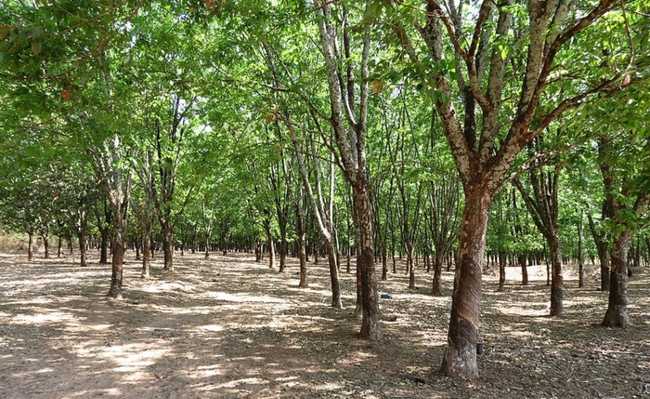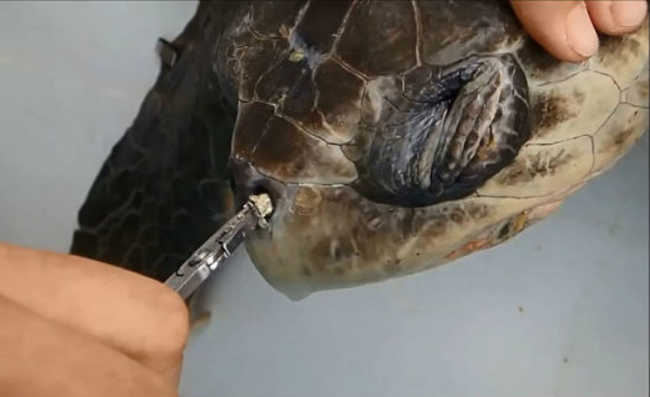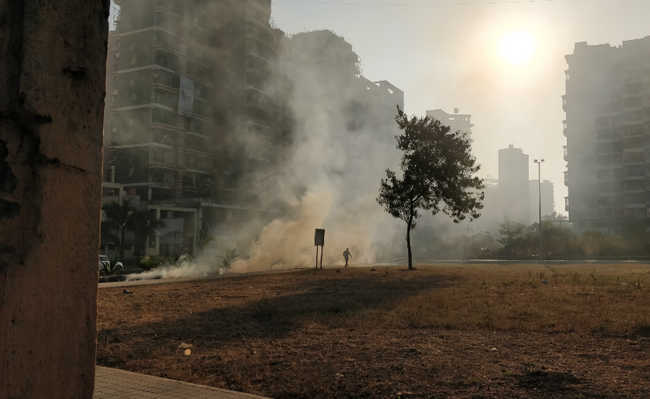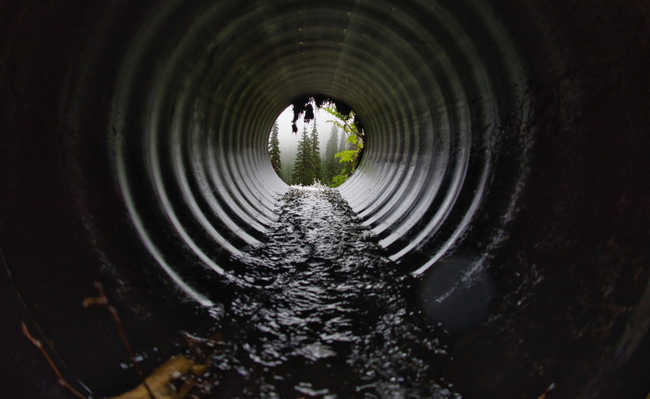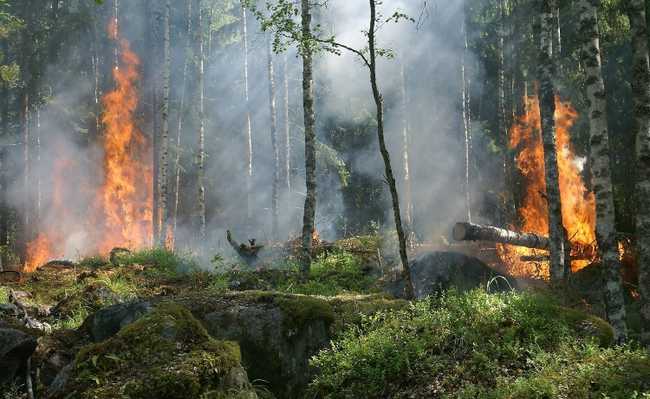Bill wants the end of the Legal Reserve
A project by senators Flávio Bolsonaro and Márcio Bittar proposes to end the Legal Reserve, a mechanism that forces rural landowners to maintain native vegetation on part of the property

Senators Flávio Bolsonaro (PSL-RJ) and Márcio Bittar (MDB/AC) are determined to end the Legal Reserve, a mechanism that forces rural landowners to maintain the native vegetation of part of the property, according to the region. Now identified as Bill No. 2362, of 2019, the text proposed on April 16 is exactly the same as what had already been presented by Bittar at the end of March (Bill No. 1551, of 2019). On April 23, concerned with the progress of the original project, which received a report from Fabiano Contarato (Rede-ES) at the Committee on Constitution, Justice and Citizenship (CCJ), Bittar withdrew its proposal from the vote to prioritize the project sent together with Bolsonaro .
- A popular consultation about the bill is open on the Senate page. Give your opinion about the end of the Legal Reserve
The text of the two bills and their respective justifications is the same. What has changed is only the authorship, which now has the name of the president's son along with Bittar's. The two senators did not bother to change the bill. They seem to want to end the Legal Reserve in a ruse used to get a rapporteur more favorable to the bill, which will now undergo a new vote in the CCJ, where Senator Roberto Rocha (PSDB/MA) was appointed.
The Legal Reserve is a device that has been in Brazilian legislation since the 1930s and which underwent some changes in the new Forest Code, in 2012. Approved after much discussion and with the support of the ruralist bench, at the time, the new Forest Code determined as a Legal Reserve, in theory, percentages ranging from 20% of the area to be preserved in properties in the Atlantic Forest, Pampa and Pantanal to 80% in properties located in the Amazon. The number is theoretical due to exceptions in the law, depending on the size of the property and the existence or not of watercourses, for example. Even so, the extinction of the Legal Reserve could have very serious consequences.
In the justification of Bill No. 2362 (the same as in the previous bill), the senators claim that the "excessive rigidity" of some environmental legislation hurts the right to private property. For them, when analyzing the reality of environmental preservation in Brazil, it is possible to conclude that "the country is one of the countries that most preserve its vegetation in the world". The senators defend in their bill that agricultural producers are those who "most preserve native vegetation".
However, Bittar and Bolsonaro seem not to realize how contradictory their arguments are. After all, if rural producers are the ones who most preserve biodiversity, why do senators place environmental legislation as an obstacle? The project says: "Once this obstacle is removed, we will be able to expand agricultural production, generate jobs and contribute to the country's growth, serving legitimate and national interests, in addition to preserving, as no other country does, the environment."
The project also brings numbers on the value of natural resources present in the Amazon, not to mention that they are ecosystem services. What is clear from the bill calling for the end of the Legal Reserve is that, for the senators, the value of an area only exists when it serves the commercial interests of agribusiness.
- A popular consultation about the bill is open on the Senate page. Give your opinion about the end of the Legal Reserve
In early March, together with the initial project (No. 1551), senator Márcio Bittar also proposed two other projects related to the environmental area, PL 1553/2019, which amends Law No. 9,985, of July 18, 2000, to provide for the criteria for creating conservation units, and PLP 71/2019, to amend art. 14 of Complementary Law No. 140, of December 8, 2011, which provides for the deadlines established for processing the environmental licensing processes.

